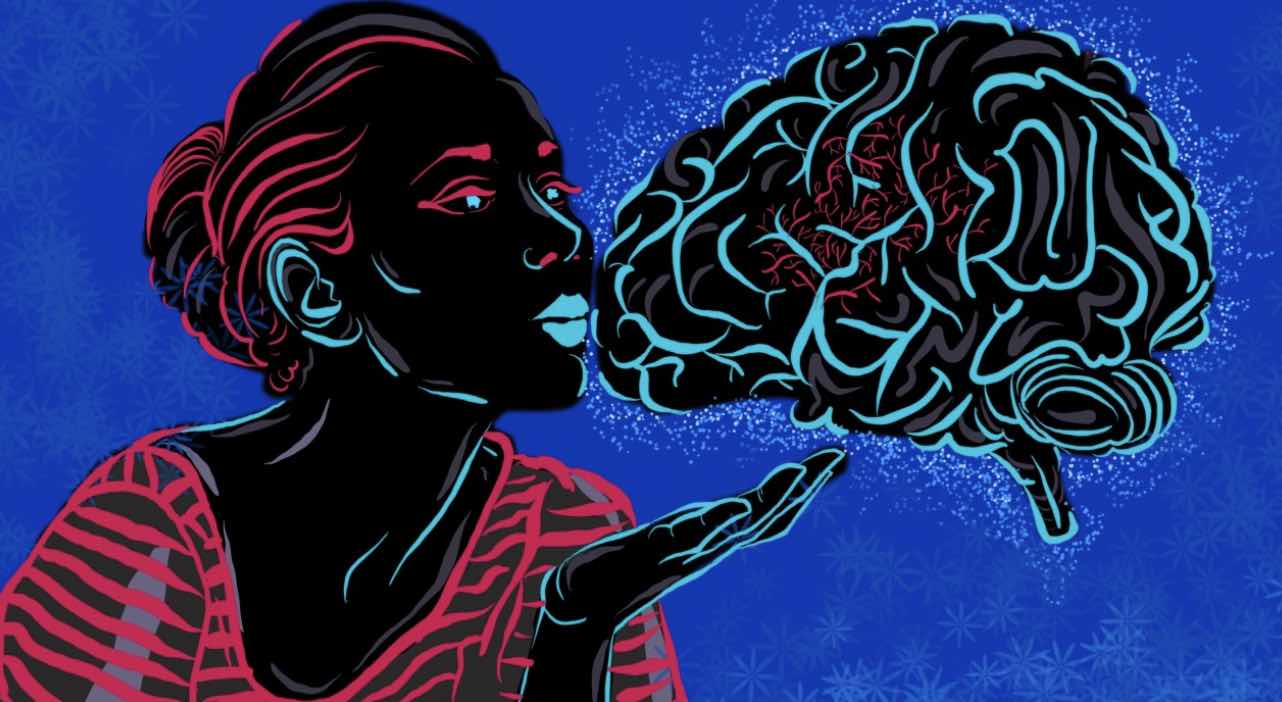
Mental Illness Stigma happens when people act on negative attitudes they associate with mental health problems
Dan created conflict resolution tools to respond to microaggressions and other incidents, including resources designed to help targets, bystanders, and alleged perpetrators
What are examples of stigma related to mental health?
Unfortunately, research has shown hundreds of different negative attitudes people inappropriately associate to individuals with mental health problems. Common ones include the incorrect assumption that people with mental illnesses are dangerous, inferior, unreliable, or socially undesirable.
Why does mental illness stigma happen?
There are many different reasons and contexts in which mental illness stigma manifests. Some possible causes include media portrayals, structural discrimination through legal policies, and cultural beliefs to name just a few.
What can we do about mental illness stigma?
Many times microaggressions (stigmatizing comments and gestures) are unintentional or ambiguous. In these cases, we can learn ways to turn misunderstandings into collaborative learning opportunities. Studies show contact education can help. Other times, the stigma incidents are clearer. In these cases, we can help empower the target with choices about how to respond effectively.
How can Dan help?
Dan has developed programs to help organizations prevent all kinds of stigma and discrimination, with an emphasis on mental health. He also launched the Mental Health Safe Project to create resources that help people who have experienced stigma to understand their options.
Click here to contact Dan
